Find Help
More Items From Ergsy search
-
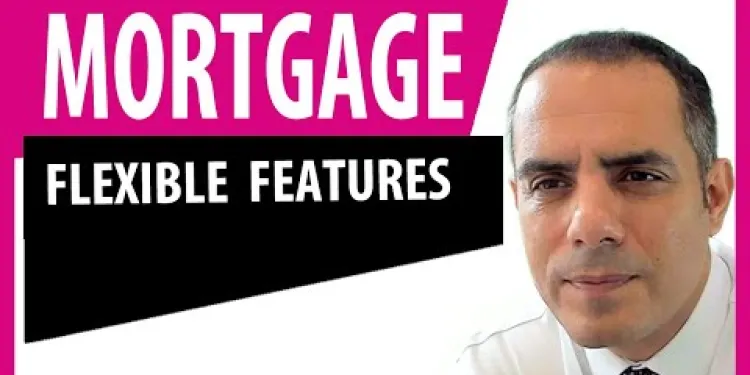
Mortgage Overpayment and Flexible Features Explained
Relevance: 100%
-
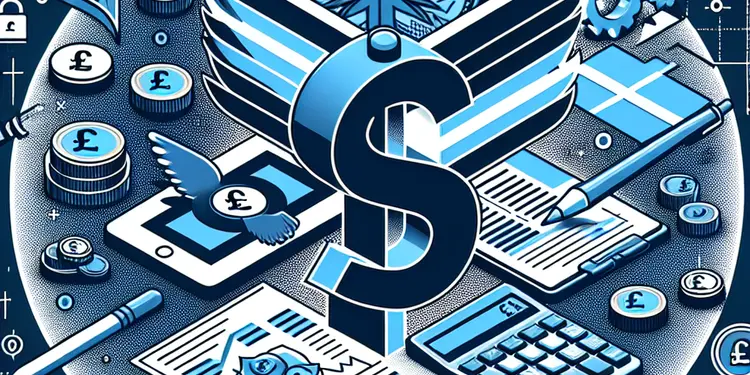
Could my payment plan affect how overpayments are handled?
Relevance: 36%
-

Are there any automated notifications for overpayments?
Relevance: 32%
-
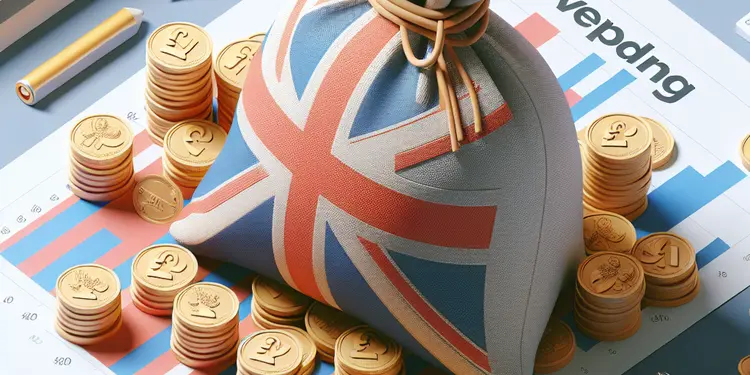
What should I do if I discover an overpayment?
Relevance: 32%
-

What information do I need to check for overpayments?
Relevance: 30%
-
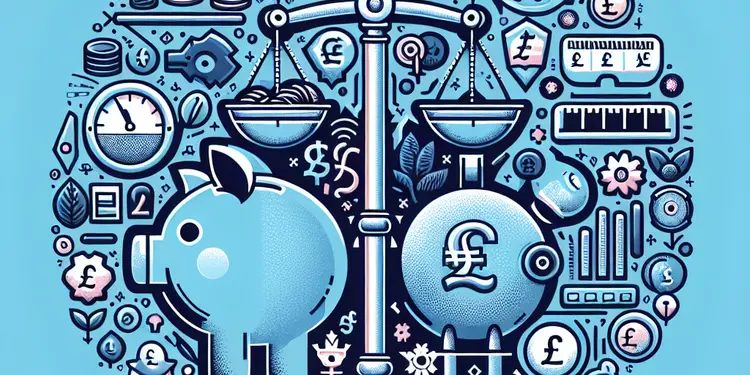
What is the best way to ensure I don't overpay again in the future?
Relevance: 29%
-
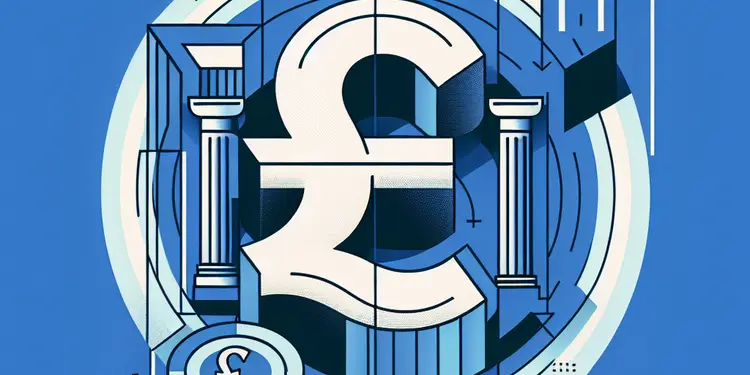
Will my council send a refund check if I overpay?
Relevance: 29%
-
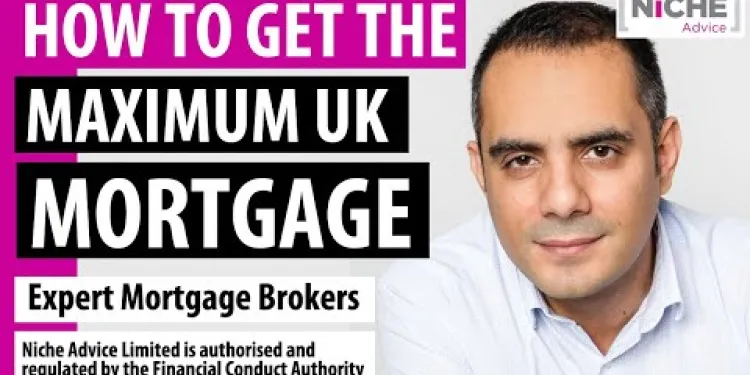
Getting the maximum mortgage in the UK
Relevance: 29%
-
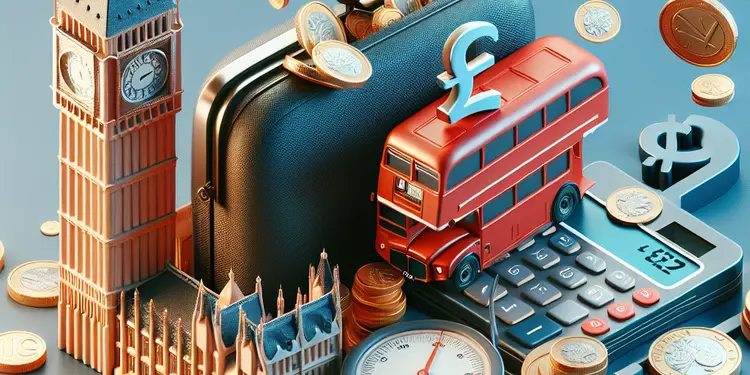
Can overpayments occur due to discounts or exemptions?
Relevance: 28%
-

The Ultimate Buy-To-Let Mortgage Breakdown
Relevance: 28%
-

5 Broker Exclusive Buy to Let Mortgage Lenders you need to know about as a Landlord
Relevance: 28%
-
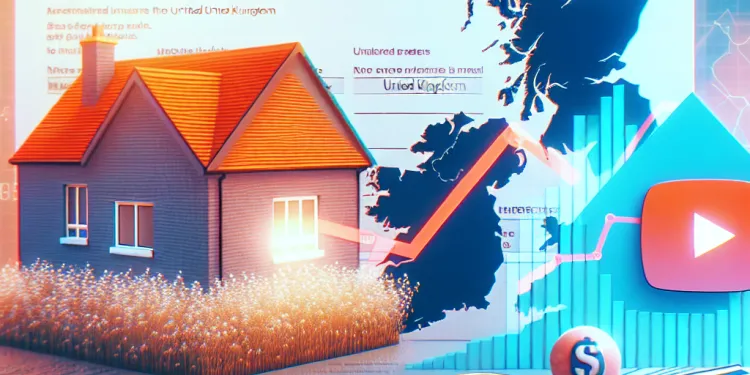
How do interest rate changes affect my mortgage payments?
Relevance: 27%
-
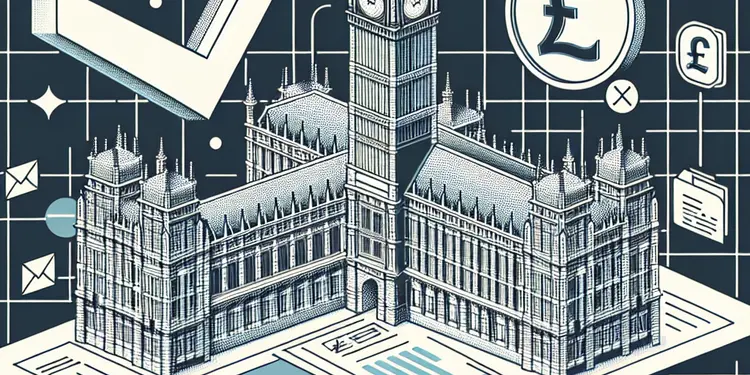
What details are needed to check for overpayments through my council?
Relevance: 27%
-
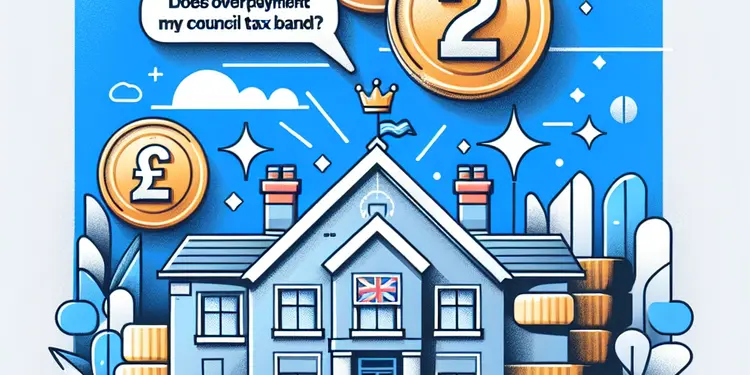
Does overpayment affect my Council Tax band?
Relevance: 27%
-

How do mixed exercises enhance flexibility?
Relevance: 26%
-

How much can I borrow for a mortgage UK - getting the Maximum Mortgage
Relevance: 26%
-
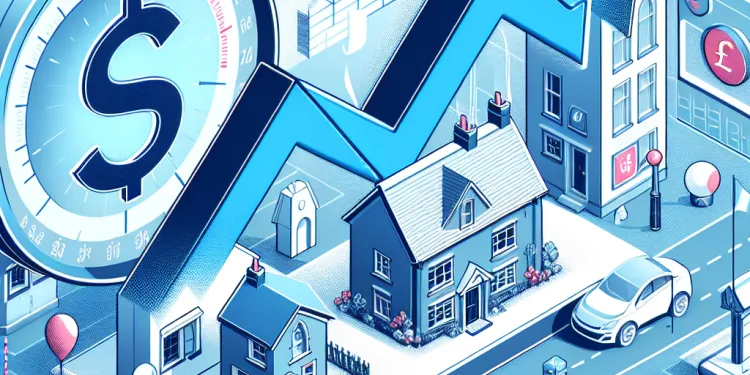
What is a tracker mortgage and how does it respond to interest rate changes?
Relevance: 26%
-
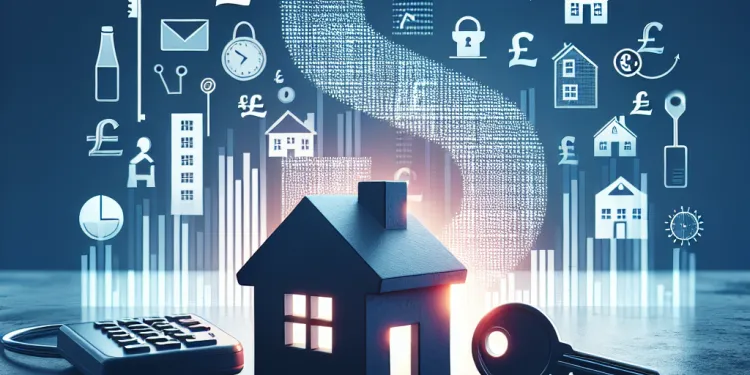
What is an 'interest only' mortgage?
Relevance: 25%
-
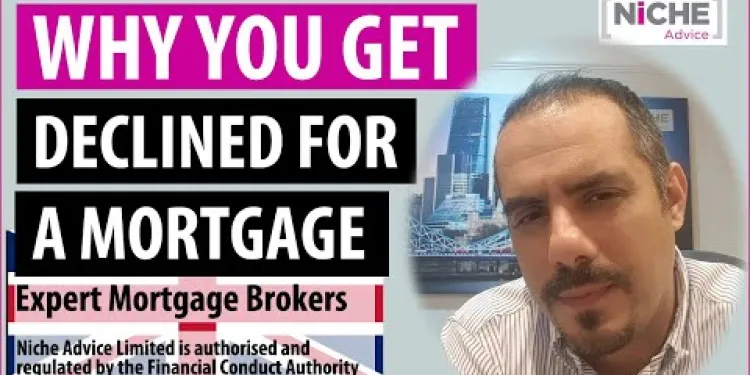
Mortgage Turned Down In The UK - Why mortgage applications are declined
Relevance: 25%
-
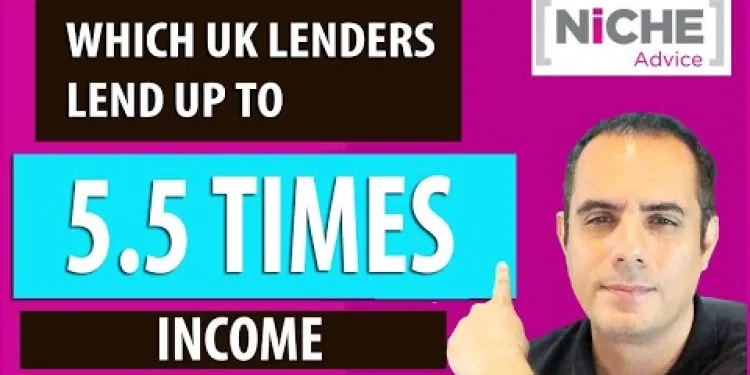
Highest Income Multiple Mortgage Lenders Revealed - Good and Bad Points
Relevance: 25%
-
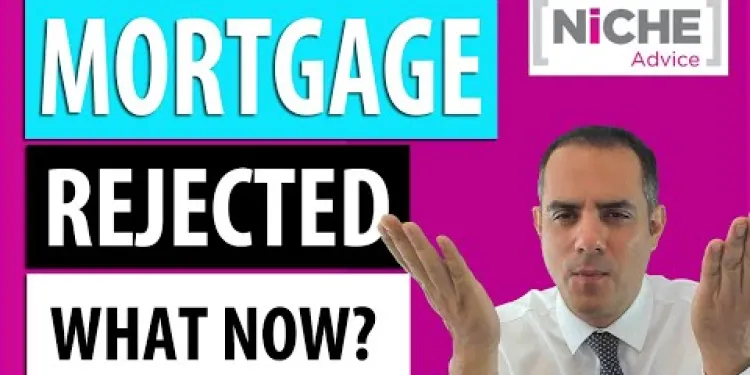
Turned down for a mortgage? Find out why and what to do
Relevance: 25%
-
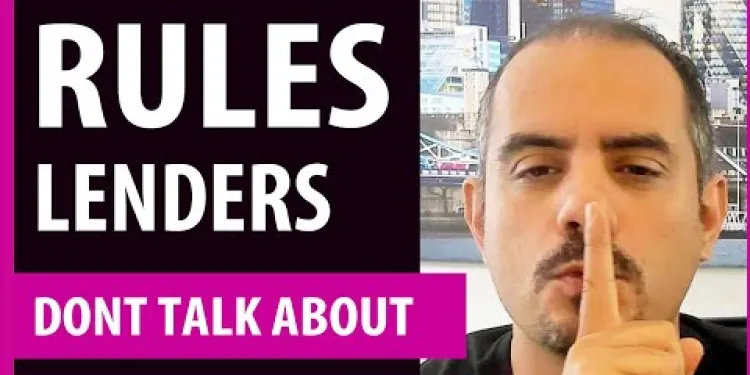
UK Mortgage Rules Lenders Don't Talk About - Debt To Income Ratio
Relevance: 25%
-
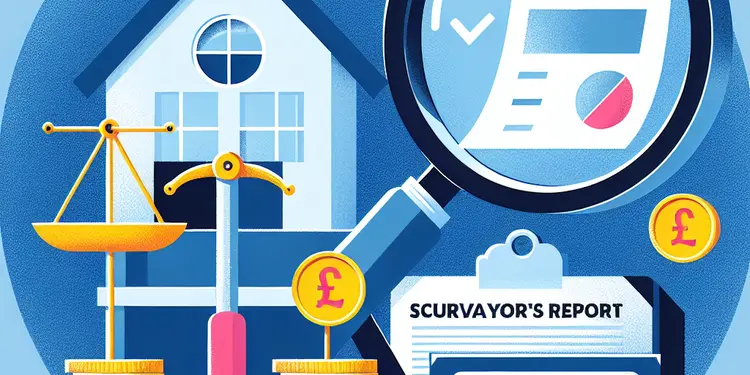
Is a mortgage valuation the same as a surveyor's report?
Relevance: 24%
-
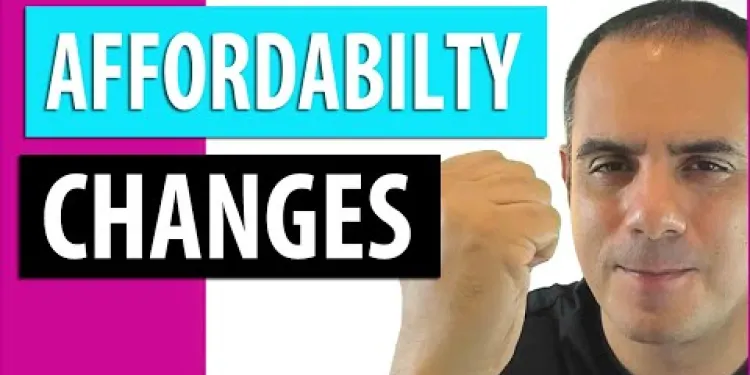
Mortgage Regulator removes the need for further affordability stress tests
Relevance: 24%
-
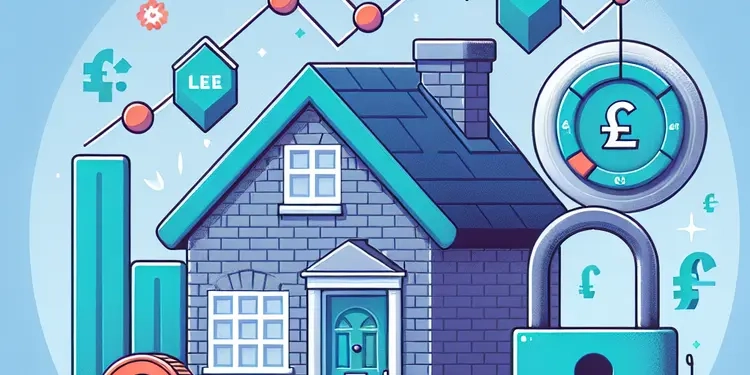
What does it mean to "Fix My Mortgage Rate"?
Relevance: 24%
-
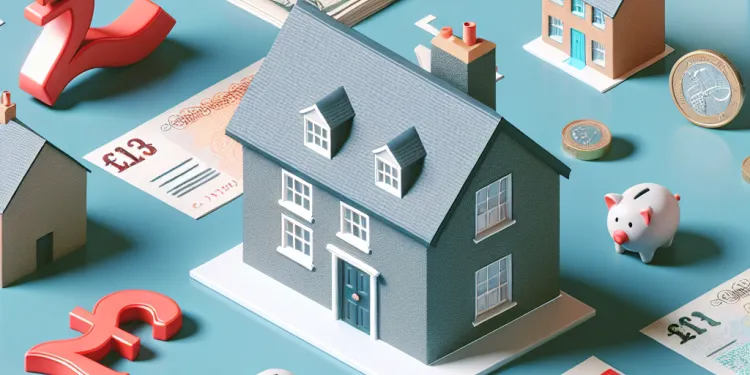
Can Stamp Duty be included in a mortgage in the UK?
Relevance: 24%
-
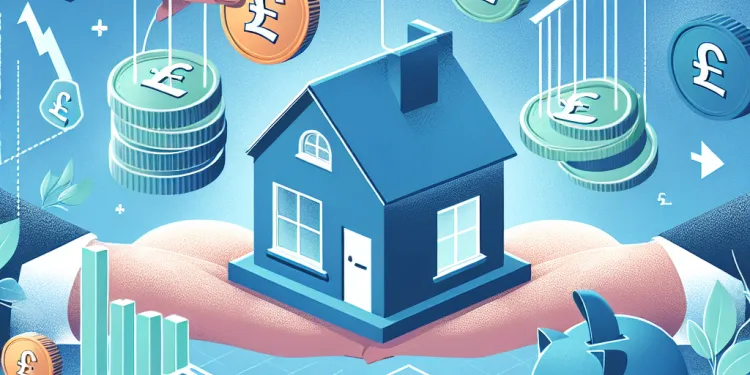
Is it possible to switch my mortgage type if interest rates become unfavourable?
Relevance: 24%
-

Uk Buy to Let for Older Clients - Mortgage Options Tips and Criteria
Relevance: 24%
-

Will my fixed-rate mortgage payments change with interest rate fluctuations?
Relevance: 23%
-
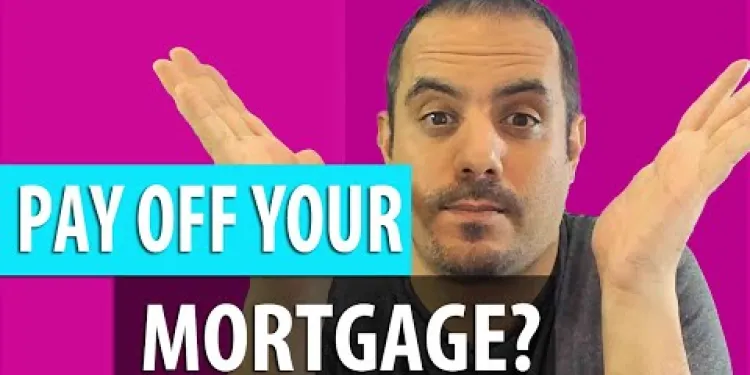
Should you Pay down your Residential Mortgage?
Relevance: 23%
-
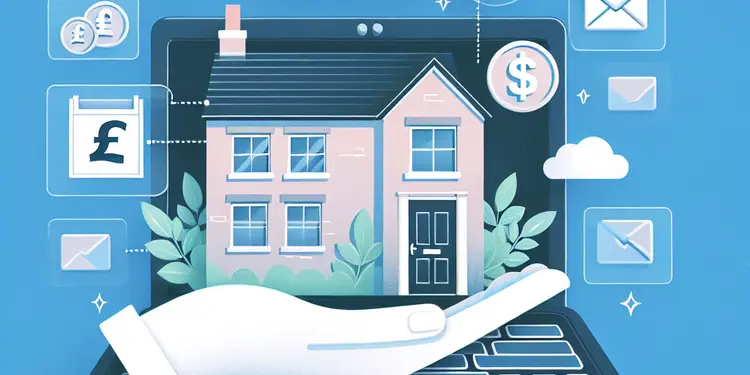
Is there assistance available for rent or mortgage payments?
Relevance: 23%
-

First Time Buyer Buy to Let Finance Options. Lending Criteria on Mortgage and Bridging Finance
Relevance: 23%
-

What options are available for flexibly accessing firefighter pension benefits?
Relevance: 23%
-
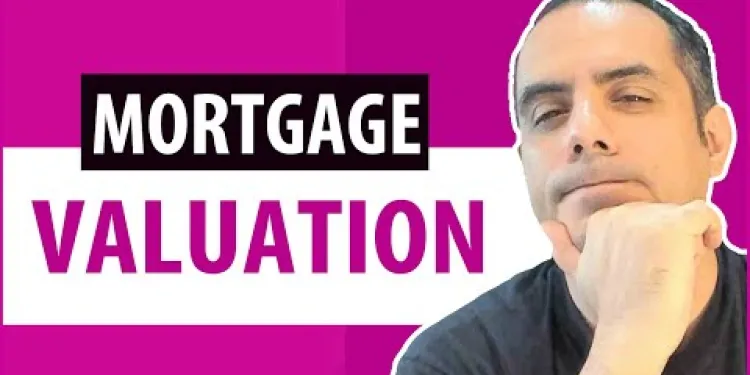
Can Mortgage lenders work from my own Survey Valuation Report?
Relevance: 23%
-

Mortgage on Inherited Property - How we can help you with the finance
Relevance: 23%
-
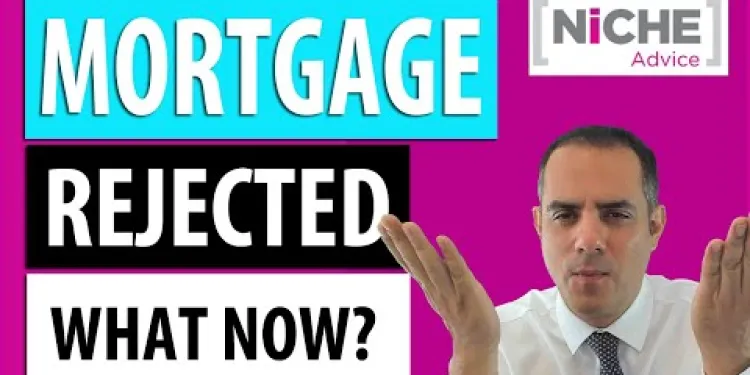
Turned down for a mortgage? Find out why and what to do
Relevance: 23%
-
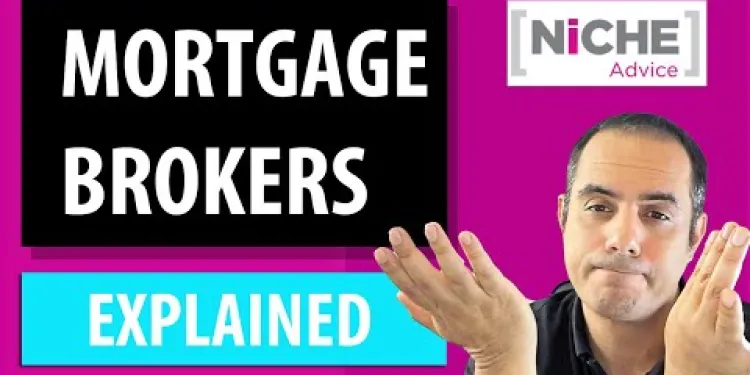
Selecting a Mortgage Broker - how they differ and what to watch out for
Relevance: 23%
-
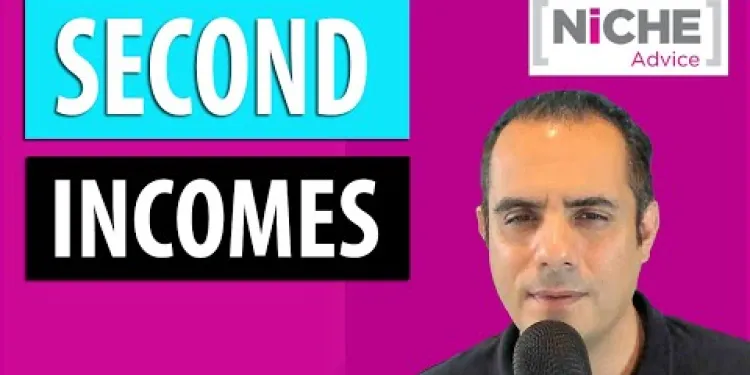
Using 100% of your Second Income for a Mortgage Application
Relevance: 23%
-
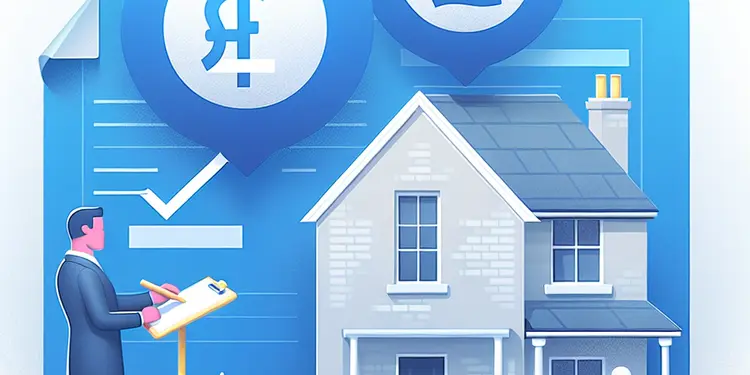
Can I use the surveyor recommended by my mortgage provider?
Relevance: 23%
-

First Time Buyer Buy to Let Finance Options. Lending Criteria on Mortgage and Bridging Finance
Relevance: 22%
Mortgage Overpayment and Flexible Features Explained
Understanding Mortgage Overpayment
Mortgage overpayment refers to paying more than your regular mortgage payment schedule specifies. In the UK, making extra payments towards your mortgage can significantly reduce the total interest paid over the life of the loan and can shorten the repayment term. Homeowners typically make overpayments in lump sums or by increasing the regular monthly payments. However, it is essential to check with your lender regarding any limits or fees associated with overpayments, as some mortgages have caps on the amount you can overpay annually without incurring charges.
Benefits of Mortgage Overpayments
The primary benefit of overpaying your mortgage is that it decreases the overall interest you will pay. This is because the interest on a mortgage is calculated daily or monthly based on the outstanding balance. By reducing this balance, even slightly, you save on interest. Additionally, overpayments can give you financial flexibility in the future by allowing you to shorten your mortgage term or enjoy smaller monthly payments once significantly chipped away at the principal amount.
Flexible Mortgage Features
Some lenders in the UK offer flexible mortgage features that can make managing your finances more convenient. Flexible mortgages often allow for overpayments, underpayments, and payment holidays. With these features, you can align your mortgage payments with changes in your financial situation, making it easier to manage periods of fluctuating income. For instance, if you receive a bonus at work, you can overpay a more significant amount that month, potentially reducing your interest payments. Conversely, in tough financial times, some flexible mortgages allow you to reduce your monthly payments or temporarily take a payment break (a payment holiday).
Considerations Before Overpaying
Before deciding to overpay, consider any penalties or restrictions your mortgage might have. It’s also wise to contemplate whether overpaying is the best use of your available funds; for example, some may prefer to build savings or pay down higher-interest debt first. It is advisable to consult with a financial adviser to assess how overpaying fits into your broader financial goals. Evaluate your mortgage terms and compare them with available flexible features to ensure that the benefits of overpaying do not come at an unexpected cost.
Mortgage Overpayment and Flexible Features Explained
Understanding Mortgage Overpayment
"Mortgage overpayment" means paying more money than your usual mortgage payment. In the UK, paying extra can help you save money. You will pay less interest, and you can finish paying off your loan sooner. You can make bigger payments each month or pay extra money all at once. Remember to ask your lender first, because some might charge fees or have rules about overpaying too much.
Benefits of Mortgage Overpayments
The best thing about paying more on your mortgage is that you will pay less interest. This is because interest is money you pay for borrowing, and it is based on how much is left of your loan. Paying even a little extra helps you save on this. It also gives you more choice in the future. You might finish your mortgage quicker or have smaller payments each month when you pay off more of the loan.
Flexible Mortgage Features
Some banks in the UK give you flexible mortgage options. This means you can change things to fit your money situation better. With a flexible mortgage, you might be able to pay more, pay less, or even skip a payment for a short time. For example, if you get extra money from work, you can pay more that month. This helps reduce your interest. If money is tight, you might pay less or take a "payment holiday," which is a short break from paying.
Considerations Before Overpaying
Before you pay extra, check if your mortgage has any fees or rules. Also, think about if using your money to overpay is the best idea. Sometimes, it might be better to save money or pay off other loans that cost more. Talk to a financial expert to make sure overpaying is a good choice for you. Also, look at what your mortgage allows and compare it to other options. This helps you make sure paying extra will not cost you in unexpected ways.
Frequently Asked Questions
What is mortgage overpayment?
Mortgage overpayment is when you pay more than your regular monthly mortgage payment, which can reduce the size of your mortgage and the interest you pay over the term.
What are the benefits of making mortgage overpayments?
Benefits include reducing the total amount of interest paid, shortening the mortgage term, and increasing your equity in the property.
Are there any penalties for overpaying my mortgage?
Some lenders may charge early repayment fees if you overpay more than a specified amount each year, so it's important to check your mortgage agreement.
How can I make mortgage overpayments?
You can make overpayments by setting up regular extra payments or making one-off payments, either online, by bank transfer, or over the phone.
What is a flexible mortgage?
A flexible mortgage allows borrowers to make overpayments, underpayments, and sometimes even take payment holidays without incurring penalties.
How do overpayments affect the mortgage term?
Overpayments can reduce the mortgage term by paying off the principal balance faster, thereby shortening how long it takes to pay off the mortgage.
Can I get my overpayments back if needed?
Some flexible mortgages allow for the option to withdraw previous overpayments if needed, often referred to as 'borrow back' or 'drawdown' features.
Is it worth paying extra into my mortgage?
Paying extra into your mortgage is worthwhile if you want to save on interest costs over time and if your mortgage has low penalty fees for overpayments.
How much can I overpay on my mortgage?
Most lenders allow you to overpay up to 10% of your mortgage balance each year without penalty, but always check with your lender for specific terms.
What should I consider before overpaying my mortgage?
Consider your financial situation, any possible penalties, potential returns from other investments, and whether you have a sufficient emergency fund.
Does making overpayments affect my credit score?
Making overpayments typically does not negatively affect your credit score and can sometimes be positive if it reduces debts effectively.
What is an offset mortgage?
An offset mortgage allows you to link your savings account to your mortgage, potentially reducing the interest you pay by offsetting the balance.
Can overpaying my mortgage affect my tax situation?
In the UK, there are generally no tax implications to overpaying your mortgage directly; however, reducing mortgage size could impact future tax strategies.
Will overpaying my mortgage change my monthly payments?
Overpaying typically does not change your monthly payment unless you choose to re-amortize the mortgage, reducing required payments along with the term.
What is a mortgage payment holiday?
A mortgage payment holiday is a period when your lender allows you to temporarily stop or reduce your mortgage payments, typically at an agreed time.
What is mortgage overpayment?
A mortgage is a loan to buy a house.
Overpayment means paying extra money.
So, mortgage overpayment means paying extra on your house loan.
This can help you pay off your house loan faster.
Using simple tools like a calculator can help you see how much you save with extra payments.
Mortgage overpayment is when you pay extra money on top of your usual monthly mortgage bill. This can make your mortgage get smaller and help you pay less interest over time.
What are the good things about paying more on your mortgage?
Paying more on your mortgage can have good effects. Here are some benefits:
- You can pay off your home loan faster.
- You might save money on interest.
- You can own your home sooner.
Supportive tips:
- Use a calculator to see how much money you can save.
- Ask someone you trust for advice.
- Set a reminder to check your mortgage plan.
There are good things about paying your loan off faster. You pay less money in interest, you can finish paying your mortgage sooner, and you own more of your home.
Will I get in trouble if I pay too much money on my house loan?
It's okay to pay extra money on your house loan. But, sometimes, the bank might need a fee if you pay too much. You can ask the bank to explain how it works.
If reading is hard, try using a ruler or your finger to keep your place. You can also try using audiobooks or reading apps that read out loud.
Some banks might ask you to pay a fee if you pay off too much of your loan early in the year. It's a good idea to look at your loan papers to see if this is true for you.
How can I pay extra on my mortgage?
You can pay extra money by setting up regular extra payments or making one-time payments. You can do this online, by bank transfer, or over the phone.
What is a flexible mortgage?
A flexible mortgage is a type of home loan. It lets you change your payments when you need to. You can pay more or less each month. You can even take breaks from paying for a little while. This can help if your money situation changes.
Some tools that might help you understand flexible mortgages are:
- Money Apps: These can help you keep track of your spending and savings.
- Talking to an Expert: A bank worker or a mortgage advisor can explain more and answer questions.
- Simple Videos: Short videos online can show how flexible mortgages work.
A flexible mortgage is a loan for buying a house. It lets you pay more or less money each month. Sometimes, you can even skip a payment for a short time. You do not get in trouble for doing this.
Here are some tips to help you:
- Use a calculator to plan your payments.
- Talk to a bank to learn more about flexible mortgages.
- Ask someone you trust to help you understand your mortgage options.
What happens if you pay extra on your mortgage?
When you pay extra money on your mortgage, you can pay it off quicker. This means you will owe money for a shorter time.
Can I get my extra money back if I paid too much?
Some special mortgages let you take out extra money you put in before, if you need it. This is sometimes called 'borrow back' or 'drawdown'.
Should I put more money into my mortgage?
Putting more money into your home loan can be a good idea. It can help you save money on interest. Just make sure there aren't big fees for paying extra.
How much extra money can I pay on my home loan?
You have a home loan, which means you borrowed money to buy a house. Sometimes, people want to pay a little extra money on their loan to finish paying it off sooner. This is called "overpaying".
Here are some easy steps to understand how much extra you can pay:
- Check your loan papers. They will tell you if there is a limit to how much extra you can pay.
- Ask your bank or the person who gave you the loan. They can explain the rules to you.
- Some loans let you pay more each month. Others may have a fee if you pay too much at once.
If you need help understanding your loan, you can:
- Use a calculator to see how much extra you can pay. There are online tools for this.
- Talk to someone you trust, like a family member or a friend, who can help explain it.
Many banks let you pay a bit more on your loan each year. This can be up to 10% of what you owe. You won't have to pay extra fees. But it's a good idea to ask your bank about their rules first.
What should I think about before paying extra on my home loan?
Think about how much money you have, any extra costs you might have to pay, how much money you could make from other things you invest in, and if you have enough savings for emergencies.
Will paying more money change my credit score?
Paying extra money on what you owe usually doesn't hurt your credit score. It can be good if it helps you owe less money.
What is an offset mortgage?
An offset mortgage is a special kind of loan. It's for buying a home.
It connects your savings and your loan together. This can help you pay less money on your loan.
Tools like color overlays and easy-to-read fonts might help you read better.
An offset mortgage is a special kind of loan to buy a house. It lets you connect your savings account to your loan. This can help you pay less in interest because the money in your savings can lower the amount of the loan.
To make things easier, try using color-coded charts. Visual tools like this help you understand better.
Will paying more money on my home loan change my taxes?
In the UK, you usually don't pay extra taxes if you pay more on your mortgage. But, paying extra might change how you plan your taxes later on.
If I pay extra on my mortgage, will my monthly payments change?
If you pay extra on your mortgage, this is called overpaying. Overpaying can help you pay off your mortgage faster. But it might not always change your monthly payments.
Here is how it can help:
- You can ask your bank if your payments will go down if you overpay.
- Sometimes, paying extra can mean you pay less interest overall.
- Check your mortgage rules to see how overpaying works. Some banks do not allow changes to monthly payments.
You can use these tools for help:
- Calculator: Use a calculator to see how extra payments affect your mortgage.
- Bank Help: Talk to someone at your bank for advice on overpaying.
If you pay extra on your mortgage, your monthly payment usually stays the same. But, you can ask to change it so you pay less each month and finish paying faster. A financial adviser can help you understand this change.
What is a mortgage payment holiday?
A mortgage payment holiday is a break from paying your home loan.
You don’t pay your monthly bill for a short time.
This can help if you have money troubles.
You will still need to pay later.
Get help from a trusted adult or use a calculator to plan.
A mortgage payment holiday is a time when you can take a break from paying all or part of your home loan. You need to agree on this break with the people you borrowed the money from.
Useful Links
This website offers general information and is not a substitute for professional advice.
Always seek guidance from qualified professionals.
If you have any medical concerns or need urgent help, contact a healthcare professional or emergency services immediately.
Some of this content was generated with AI assistance. We’ve done our best to keep it accurate, helpful, and human-friendly.
- Ergsy carfully checks the information in the videos we provide here.
- Videos shown by Youtube after a video has completed, have NOT been reviewed by ERGSY.
- To view, click the arrow in centre of video.
- Most of the videos you find here will have subtitles and/or closed captions available.
- You may need to turn these on, and choose your preferred language.
- Go to the video you'd like to watch.
- If closed captions (CC) are available, settings will be visible on the bottom right of the video player.
- To turn on Captions, click settings .
- To turn off Captions, click settings again.
More Items From Ergsy search
-

Mortgage Overpayment and Flexible Features Explained
Relevance: 100%
-

Could my payment plan affect how overpayments are handled?
Relevance: 36%
-

Are there any automated notifications for overpayments?
Relevance: 32%
-

What should I do if I discover an overpayment?
Relevance: 32%
-

What information do I need to check for overpayments?
Relevance: 30%
-

What is the best way to ensure I don't overpay again in the future?
Relevance: 29%
-

Will my council send a refund check if I overpay?
Relevance: 29%
-

Getting the maximum mortgage in the UK
Relevance: 29%
-

Can overpayments occur due to discounts or exemptions?
Relevance: 28%
-

The Ultimate Buy-To-Let Mortgage Breakdown
Relevance: 28%
-

5 Broker Exclusive Buy to Let Mortgage Lenders you need to know about as a Landlord
Relevance: 28%
-

How do interest rate changes affect my mortgage payments?
Relevance: 27%
-

What details are needed to check for overpayments through my council?
Relevance: 27%
-

Does overpayment affect my Council Tax band?
Relevance: 27%
-

How do mixed exercises enhance flexibility?
Relevance: 26%
-

How much can I borrow for a mortgage UK - getting the Maximum Mortgage
Relevance: 26%
-

What is a tracker mortgage and how does it respond to interest rate changes?
Relevance: 26%
-

What is an 'interest only' mortgage?
Relevance: 25%
-

Mortgage Turned Down In The UK - Why mortgage applications are declined
Relevance: 25%
-

Highest Income Multiple Mortgage Lenders Revealed - Good and Bad Points
Relevance: 25%
-

Turned down for a mortgage? Find out why and what to do
Relevance: 25%
-

UK Mortgage Rules Lenders Don't Talk About - Debt To Income Ratio
Relevance: 25%
-

Is a mortgage valuation the same as a surveyor's report?
Relevance: 24%
-

Mortgage Regulator removes the need for further affordability stress tests
Relevance: 24%
-

What does it mean to "Fix My Mortgage Rate"?
Relevance: 24%
-

Can Stamp Duty be included in a mortgage in the UK?
Relevance: 24%
-

Is it possible to switch my mortgage type if interest rates become unfavourable?
Relevance: 24%
-

Uk Buy to Let for Older Clients - Mortgage Options Tips and Criteria
Relevance: 24%
-

Will my fixed-rate mortgage payments change with interest rate fluctuations?
Relevance: 23%
-

Should you Pay down your Residential Mortgage?
Relevance: 23%
-

Is there assistance available for rent or mortgage payments?
Relevance: 23%
-

First Time Buyer Buy to Let Finance Options. Lending Criteria on Mortgage and Bridging Finance
Relevance: 23%
-

What options are available for flexibly accessing firefighter pension benefits?
Relevance: 23%
-

Can Mortgage lenders work from my own Survey Valuation Report?
Relevance: 23%
-

Mortgage on Inherited Property - How we can help you with the finance
Relevance: 23%
-

Turned down for a mortgage? Find out why and what to do
Relevance: 23%
-

Selecting a Mortgage Broker - how they differ and what to watch out for
Relevance: 23%
-

Using 100% of your Second Income for a Mortgage Application
Relevance: 23%
-

Can I use the surveyor recommended by my mortgage provider?
Relevance: 23%
-

First Time Buyer Buy to Let Finance Options. Lending Criteria on Mortgage and Bridging Finance
Relevance: 22%


